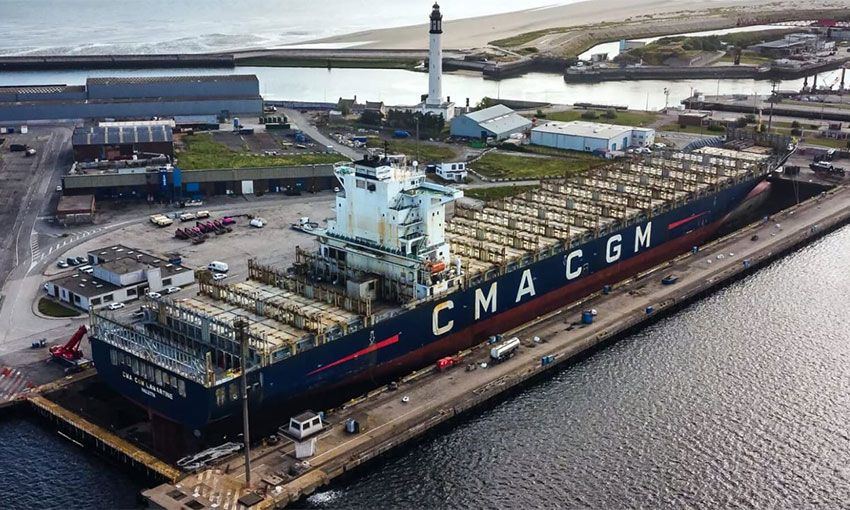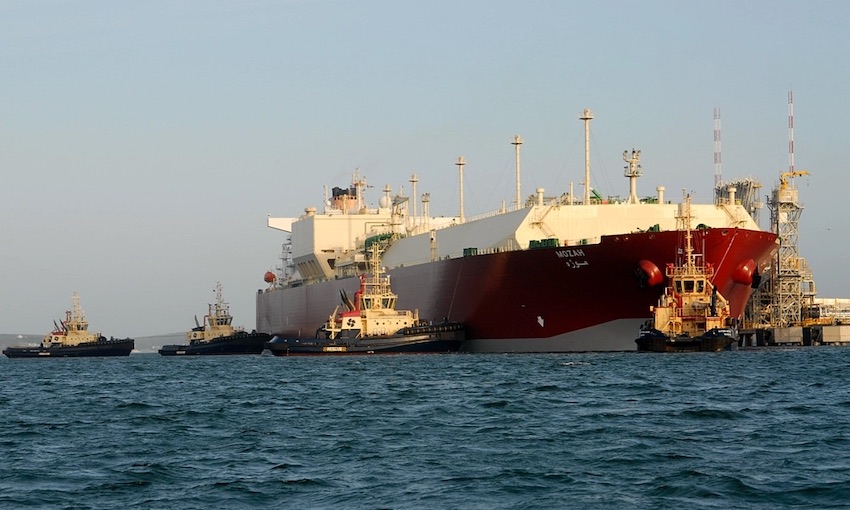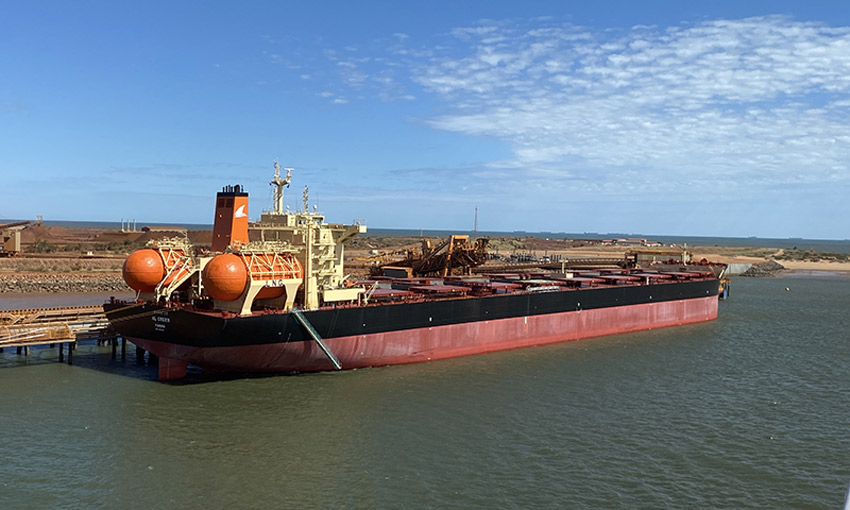IN a position paper, the World Shipping Council (WSC), representing 90% of international liner shipping, has welcomed the FuelEU, an initiative to increase the use of sustainable alternative fuels in European shipping and ports.
This comes at the same time that Australian Prime Minister Scott Morrison announced Australia’s commitment to reach net zero emissions by 2050.
Like Mr Morrison’s plan, the actual impact and success of the FuelEU will rely on the details.
According to the WSC, FuelEU’s ability to make a contribution to the EU’s ambition of climate neutrality by 2050, hinges on optimising its geographical scope and making sure fuel availability keeps pace with fuel use requirements.
Ship traffic to or from ports in the European Economic Area accounts for some 11% of all EU CO2 emissions from transport and 3-4% of total EU CO2 emissions.
The FuelEU initiative aims to address market barriers that hamper the use of sustainable alternative fuels and uncertainty about which technical options are market-ready.
The legal requirement to use certain fuels should be contingent on their availability, says the WSC.
John Butler, president and CEO of World Shipping Council said, “When working towards a shared objective to minimise total greenhouse gas emissions and reduce the climate impact of shipping, a full lifecycle perspective is the only logical approach.
“Even if all the vessels in the world were able to run on alternative fuels – and the sector is working hard to make that happen – it will make no difference for our climate if that fuel is not available from clean sources.”
The importance of the Renewable Energy Directive (RED) and Alternative Fuels Infrastructure Regulation (AFIR) to the success of FuelEU also has a bearing on its geographic scope. These measures to ensure the supply of clean fuels apply within the EU, and the same geographic scope should apply for the fuel use obligation.
As highlighted in the EU Impact Assessment, an extra-territorial scope for FuelEU presents risks of overlapping regional and global policy.
“With that comes a substantial risk of the EU failing to influence international shipping as intended,” the WSC said.
“A consistent intra-EU scope for FuelEU would avoid the pitfalls of overlapping policies and generate the desired climate impact for the Union whilst supporting international progress through the IMO with the EU in a leadership position.”
WSC also sees the value of FuelEU’s proposed pooling of compliance amongst ships, an innovative and practical way to encourage companies to invest in ever more efficient vessels due to the fleet wide effect.
“The EU has a unique opportunity to strengthen, motivate and complement global policy for reducing greenhouse gas emissions in international shipping. We are committed to working with EU institutions to achieve the Green Deal’s goals through good policy that will enable us to move as fast as possible to zero emission shipping,” Mr Butler said.





